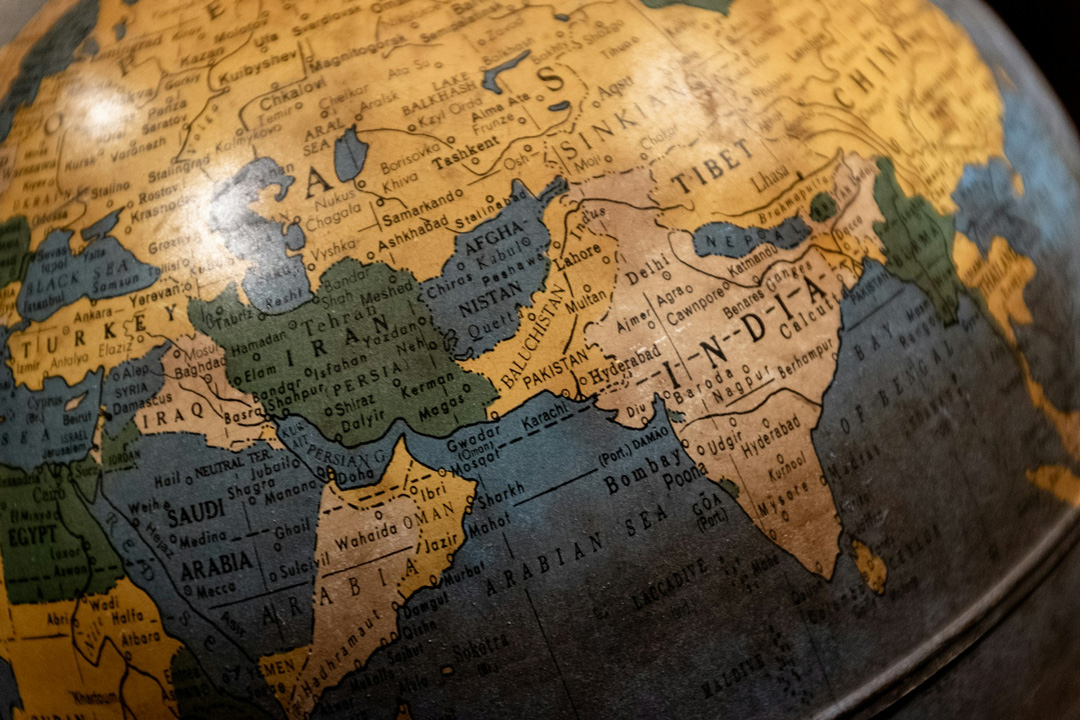Sometimes, shopping for the most necessary items we require in day-to-day life is the most stressful. We all know the groaning and grumbling that occurs when we run out of toothpaste, reach the end of our deodorant stick, or need to replace our shaving razor blade.
But founders Jeff Raider and Andy Katz-Mayfield established their shaving startup, Harry’s, on a simple principle: Shopping for razors shouldn’t be painful.
This six-year-old New York-based company has transformed the shaving market by making products available for half the retail price it traditionally costs; instead of charging an arm and leg for a razor, Harry’s sells its products for just under two dollars per blade.
Unlike most shaving retailers, Harry’s offers an e-commerce subscription service for razors, making the process that much easier. The company’s simplistic approach in their design has contributed to their sudden rise to fame, being valued at $750 million in 2015.
Furthermore, the company donates one percent of its sales to nonprofit organizations enabling men access to therapy and other life-changing mental health outlets. By the end of this year, they expect to donate $5 million. From the beginning, Harry’s has taken an unconventional approach to the business of e-commerce …
Here’s how these hygienic heroes did it:
Meet the Founders
In 2011, California resident Katz-Mayfield stopped by a drugstore to purchase a razor when he found himself in shock by the whole ordeal. Firstly, to retrieve the razor, he had to track down the store clerk and ask him to unlock the case when the razors resided.
Then, Katz-Mayfield had to drop nearly $25 for a pack of four razor blades and shaving cream, knowing full well he would have to go through the same experience in another month.
Later that day, Katz-Mayfield’s surprise over the whole experience suddenly turned into an idea: What if there was a way to create a new and improved razor-blade-customer experience? Katz-Mayfield quickly dialed the phone, called Raider, and discussed his idea.
By the following year, the two quit their jobs and started brainstorming.
Tired of overpaying for necessary grooming items, Jeff Raider and Andy Katz-Mayfield founded their grooming company, Harry’s, in 2012. The two MBAs sought to create a razor that was cheaper, simpler, and more effective.
Tracking Down the Perfect Blade
From Egypt to Japan, Raider and Katz-Mayfield ordered and tested razor blades from all over the world. The two college buddies took it upon themselves to use their faces as their lab — an experience that was, as Katz-Mayfield put it, “physically and emotionally scarring.”
But despite the many abrasions left on along their jawlines, Raider and Katz-Mayfield were determined to find the perfect razor blade. After extensive research, the two managed to track down a European blade, Croma, manufactured out of a 100-year-old factory in Germany called Feintechnik.
Feintechnik, located in a small German village called Eisfeld, has been producing razor blades since 1920. The factory was particularly famous for mastering a gothic arch cut technique, which gives the razor an incredibly sharp, strong, and long-lasting edge.
Raider and Katz-Mayfield called the factory and requested an order of Croma blades. They seemed skeptical at first, but once the blades arrived, the two founders came to the same conclusion: this was the perfect blade.
Gambling on a Century-Old Factory
Raider and Katz-Mayfield made haste and booked a flight to Germany.
Upon arriving, the founders pitched their idea and persuaded the 91-year-old manufacturer to provide blades for their up-and-coming shaving startup. But when they introduced themselves to Feintechnik’s CEO Heinz Dieter Becker and his factory associates, Raider and Katz-Mayfield’s proposal wasn’t met with the same optimism.
The German businessmen saw the idea as just another normal web startup. However, the two founders explained their concept of custom blades, snd after five months of persistence and negotiation, Raider and Katz-Mayfield landed a supplier deal with the German factory in 2012.
But things didn’t get easier for the co-founders. Instead of going along with the conventional business ideas, Raider and Katz-Mayfield decided to take a risk that contradicts the tradition of most e-commerce startups today.
Instead of merely contracting the factory, the two MBAs realized that to successfully make a name for themselves in the shaving market, they would need to buy the factory, which cost $100 million.
A Risk Worth Taking
In 2007, a Swiss firm, Invision Private Equity, co-purchased the factory. Since then, the firm has invested millions into Feintechnik, which profits them exponentially. When Martin Spirig, a partner at the firm, first met with Raider and Katz-Mayfield, he had no intention of selling.
“There’s a simple reason it’s so rare for a startup to make this kind of bet. It’s an enormous capital cost,” says one analyst. Taking such a risk isn’t common, and few entrepreneurs have managed to be successful in similar situations.
But Raider and Katz-Mayfield were determined. As Raider worked with his network to raise $100 million, the duo came to an agreement with Spirig and purchased Feintechnik in 2014.
Then, after a healthy amount of celebrating, the young, 10-month-old company got to work.
Harry’s Is Only Just Getting Started …
At first, the venture certainly wasn’t easy …
Many skeptics had their doubts about the American-German fusion. After the news broke regarding the co-founder’s purchase of the factory, German magazine Der Spiegel dubbed the deal “a curious combination of U.S. entrepreneurial spirit and German engineering.”
But the duo didn’t let a little skepticism stop them.
Harry’s co-founders went from launching a small e-commerce shaving startup to running an international manufacturing enterprise with over 400 employees, reaching customers in over 40 countries.
Over the years, Harry’s has added brick-and-mortar retailers and in-store displays like Target and Walmart. In 2018, the company took an even bolder step and launched a women’s grooming line called Flamingo.
Image Credit:
- Featured Image, Unsplash




